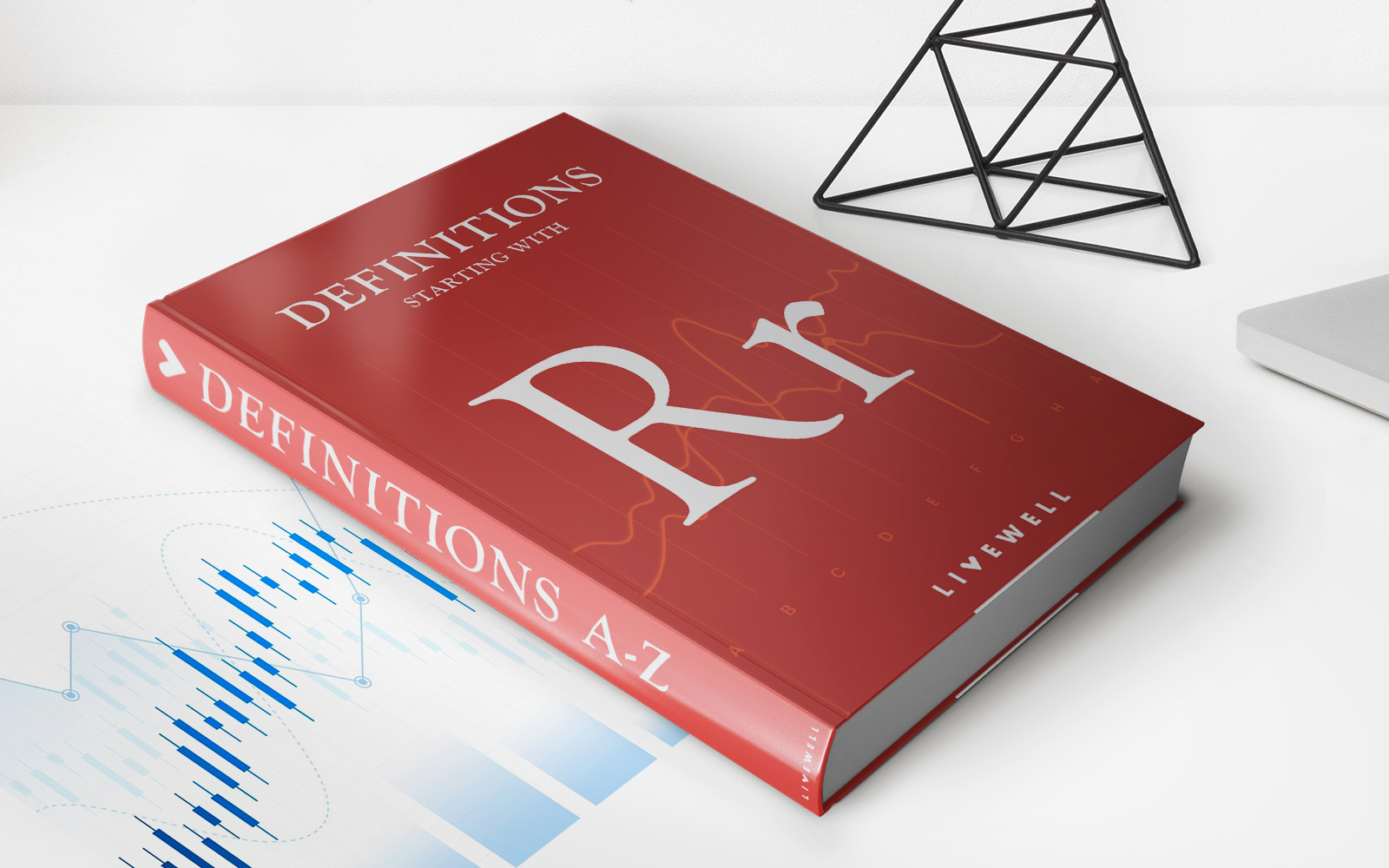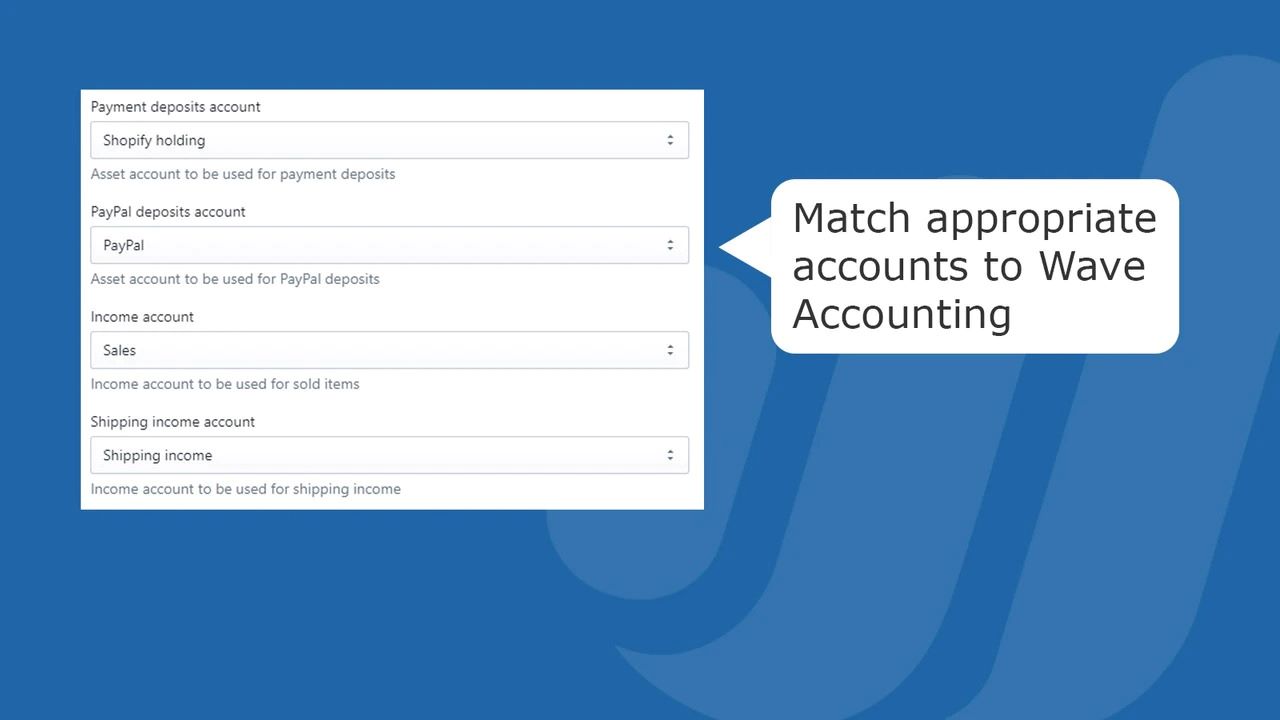

Finance
Baby Boomer Age Wave Theory Definition
Published: October 12, 2023
Learn the definition of Baby Boomer Age Wave Theory in finance and understand its impact on the economy. Stay informed about the financial implications of this influential demographic trend.
(Many of the links in this article redirect to a specific reviewed product. Your purchase of these products through affiliate links helps to generate commission for LiveWell, at no extra cost. Learn more)
Understanding the Baby Boomer Age Wave Theory Definition
Welcome to our “FINANCE” category, where we cover a wide range of financial topics to help you navigate your financial journey. Today, we dive into the intriguing world of the Baby Boomer Age Wave Theory Definition. If you’ve ever wondered what this theory is all about and how it affects our society, then you’re in the right place! In this blog post, we’ll break down the Baby Boomer Age Wave Theory Definition, provide key takeaways, and explore its implications for the economy and personal finance.
Key Takeaways:
- The Baby Boomer Age Wave Theory refers to the significant surge in the birth rate that occurred between 1946 and 1964, leading to a large population of individuals born during this period.
- This theory predicts that as the Baby Boomer generation reaches retirement age, it will have a profound impact on various aspects of society, including the economy, healthcare, and social security.
So, what exactly is the Baby Boomer Age Wave Theory? To put it simply, the Baby Boomer generation is the cohort of individuals born between 1946 and 1964. This generation saw a significant surge in birth rates, leading to a “wave” of individuals entering the workforce and subsequently reaching retirement age. The term “age wave” describes the ripple effect of this large demographic cohort moving through different stages of life.
Now let’s dive deeper into the implications of the Baby Boomer Age Wave Theory. Here are two key aspects you should consider:
- Economic Impact: As the Baby Boomers retire, they will have a significant effect on the economy. With a decrease in the working-age population, a strain will be placed on social security and elderly healthcare systems, as fewer workers contribute to these programs. Additionally, this generation’s spending habits, such as downsizing or opting for retirement communities, will impact various industries, including real estate and healthcare services targeted towards seniors.
- Personal Finance Considerations: The Age Wave Theory has important implications for personal finance, particularly for both Baby Boomers themselves and younger generations. Baby Boomers need to plan for their retirement and ensure they have sufficient savings to support their desired lifestyle. Younger generations should be aware that they might bear the responsibility of caring for their aging parents financially. Understanding the potential consequences of this demographic shift can help individuals make informed financial decisions.
In conclusion, the Baby Boomer Age Wave Theory Definition refers to the large demographic cohort born between 1946 and 1964 and the ripple effect they create as they move through different stages of life. With their retirement, this generation will bring significant changes to the economy and personal finance. By understanding these implications, individuals can make informed decisions to navigate the impact of this age wave effectively. Stay tuned for more insightful articles and helpful tips related to finance in our blog.














